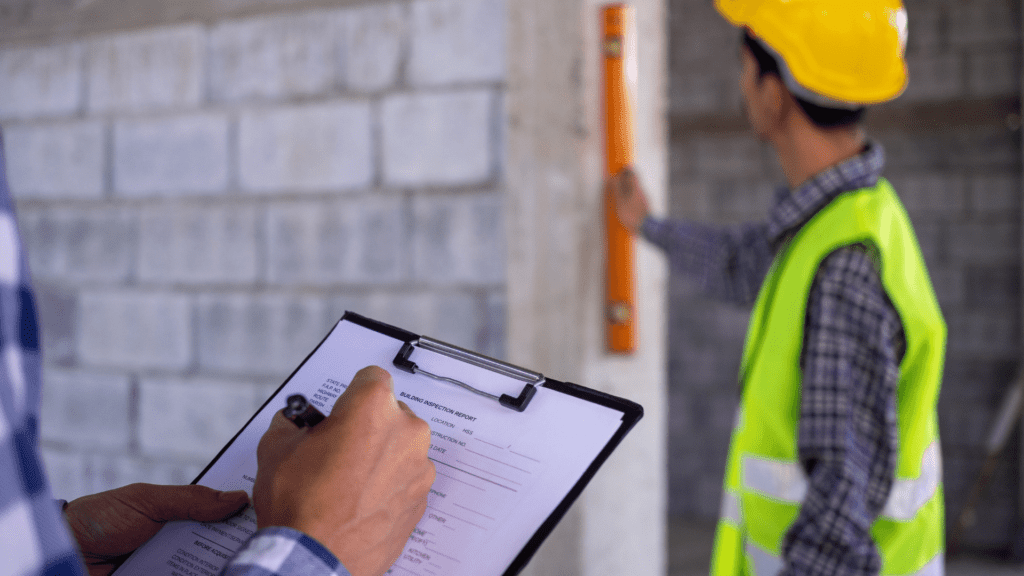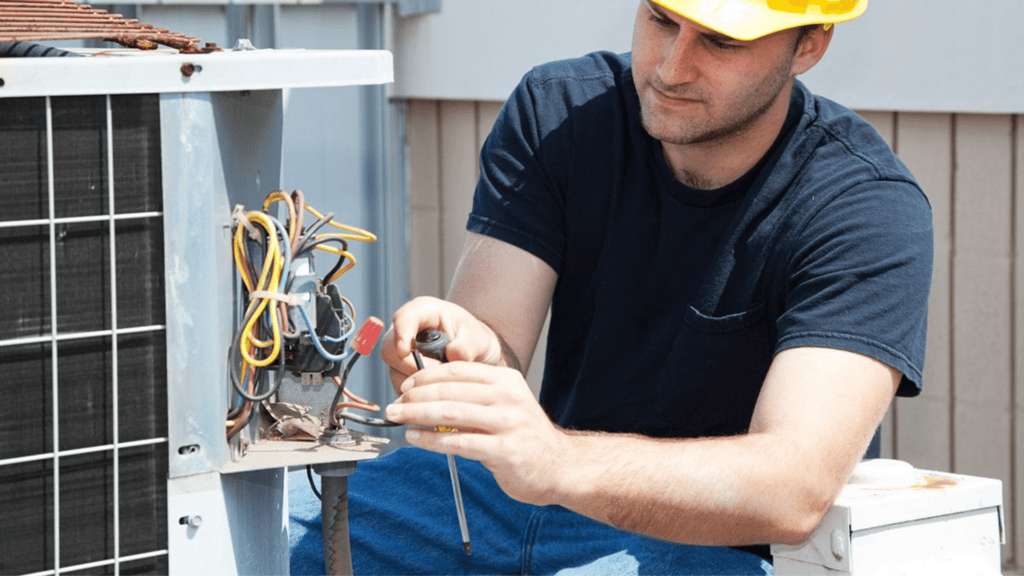If you are looking to buy a home, it is vital to know if there are any major or even minor issues in the house. Therefore, applying for an inspection service will help you avoid confusion and make the purchasing process much faster. There are a few primary details to which home inspectors pay close attention. However, the most crucial part is finding a good home inspection contractor. After choosing experienced specialists, it is time to start the process.
Common Problems Found by Home Inspectors
1. Home inspectors look for structural problems.
One of the most significant parts of a home inspection is the basis of the house. However, it should be highlighted that there are a number of structural components that fall under this category. It is generally the foundation of the house; walls, doors, windows, ceiling, and other similar elements. This shows how firm the home is; thus, it is vital to have a strong base before buying the property.
Home inspectors will check all the materials the house has been built with and then make assumptions on how long it will last. They look for cracks, crooked doors, and issues with the groundwork. It is one of the categories that will be of high expense. However, it is the first part home inspectors will check.

2. Electrical problems need a solution before selling/buying.
Another huge defect found during a home inspection can be electrical issues. Damaged or exposed wires can be dangerous. Therefore, it is an important aspect to have electrical systems in good condition. Home inspectors check to make sure there is no danger in wires catching a fire. Also, it is vital to have a powerful electrical system to avoid short circuits in the future.
These types of issues can destroy the rest of the electronics in the house. Because of damages in electrical wires, anything plugged into the sockets may result in an energy spike. It can ruin TVs, fridges, ovens, microwaves, and other devices. Hence, they home inspectors this point very carefully.
3. Home inspectors check for leaks.
During a home inspection, it appears quite common finding leaking issues. Such issues mainly occur from the damage of pipelines in the house. Home inspectors check for the age and quality of the pipes. The reason for this issue can be imperfect plumbing, which can result in water flooding.
There are two methods to fix this problem. First method is repairing the tubes and making them last for longer. Fixing the issues through plumbing will temporarily solve the problem, while it will cost less. Second, completely replacing the system is another approach to this problem, which in some cases might be the best solution, but will cost considerably higher.

4. Damaged water heaters need an immediate replacement.
Home inspectors pay close attention to this category to check for water heater damage. One of the main problems that can occur is the inability of the system to provide hot water. However, this isn’t the only issue that can happen.
Water heater damage can cause moisture in the house, or it may even result in stains and some leakage. Hence, home inspectors recommend replacing the heater before buying the property to avoid future problems.
5. Home inspectors pay attention to roofing.
Here is one of the main home inspection issues that needs a close eye before buying the house. If the roof has cracks, splits, and damages, it may cause outflow from rain. It may not be able to protect the home from lightning strikes, floods, and other climate anomalies. The roof has to be reliable, firm, and long-lasting.
It is not a cheap part of the house. Therefore, the seller needs to take care of the roof expenses before selling the home. Thus, the buyer won’t have to worry about upcoming issues.

6. Toxic mold problems need a fast solution.
An old house may result in asbestos and rotting issues, which need an immediate resolution. There may be ingrown plants on the roof, or the walls may have some moldiness.
Home inspectors usually check for this issue because it indicates the quality of the materials used for building the house and the roof. Also, it showcases the age of the property, which may deduct from the overall price of the home.
7. HVAC system issues are critical and need repair.
Heating and cooling systems are one of the most common issues people deal with after home inspections. Since plenty of other equipment depends on HVAC systems, this becomes a real problem. Thus, this issue can cause other appliances to stop correctly working.
So, it is vital to either replace the HVAC system or perhaps repair it. Sometimes, problems like this can be solved in affordable ways. Therefore, it is always a good idea to call a specialist to take a look and maybe help you save some budget.

Do the sellers or buyers have to fix everything after the home inspection?
Usually, the sellers have to look to cover the significant problems with the property after home inspection; such as structural, electrical, plumbing, and other systematic issues. It is because these categories require a high budget and are mandatory elements for a house to have.
However, other issues like paint, furniture, design, and similar segments are on the buyer’s side to be fixed. They choose how to style and renew their house; therefore, these elements are not the sellers’ obligation to renovate.
What can you negotiate after the home inspection?
One of the most important tips to know after the home inspection is to ask for money instead of a repair. First of all, the buyer will choose what they prefer, and everything will be in their desire and taste. Secondly, the buyer may fix some of the issues in other ways and save a part of the budget. Therefore, there are plenty of benefits in this case.
Another good option is not to care much for cosmetic issues because there are methods to modify those in affordable ways. Also, these are the type of details that should be done by the buyer simply because the seller does not know the stylistic choices the purchaser is going to make.

Do sellers get a copy of the home inspection?
Most of the time, there is no need in providing the seller with a home inspection copy. It is because the buyer will be paying for the expenses of an inspection. However, the seller should get a request for a repair with all the costs after the home inspectors hand in the results.
What to do if the seller is not willing to negotiate after the inspection?
This one can become a real issue in case the house has severe defects. Remember to try to negotiate as much as possible. However, if it seems unrealistic, then make sure to walk away in case the problems are serious. For example, if it is an unsafe environment for a living. If the place has too many broken and damaged systems then, it is best to search for a better option.
Home inspectors can help find issues that aren’t visible on the outside, but that can cause real problems for the future. It is a crucial process that can change the price of the house and a lot of terms and conditions that were in an earlier agreement. Therefore, it is vital to find experienced experts when looking for home inspectors to get the most professional outlook of the house.



